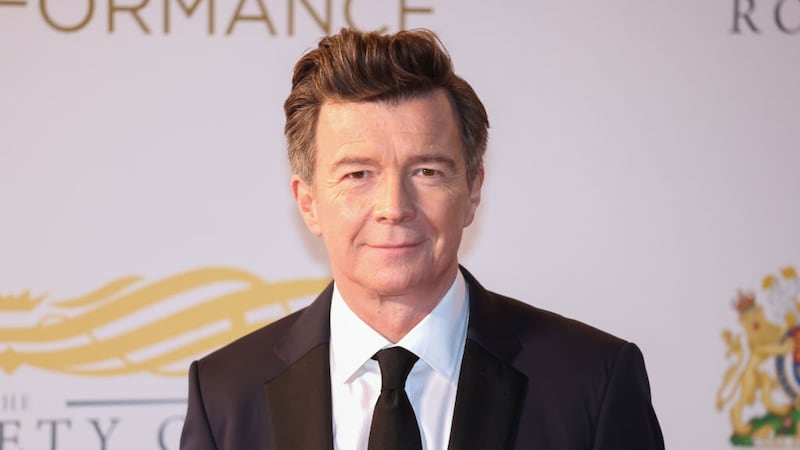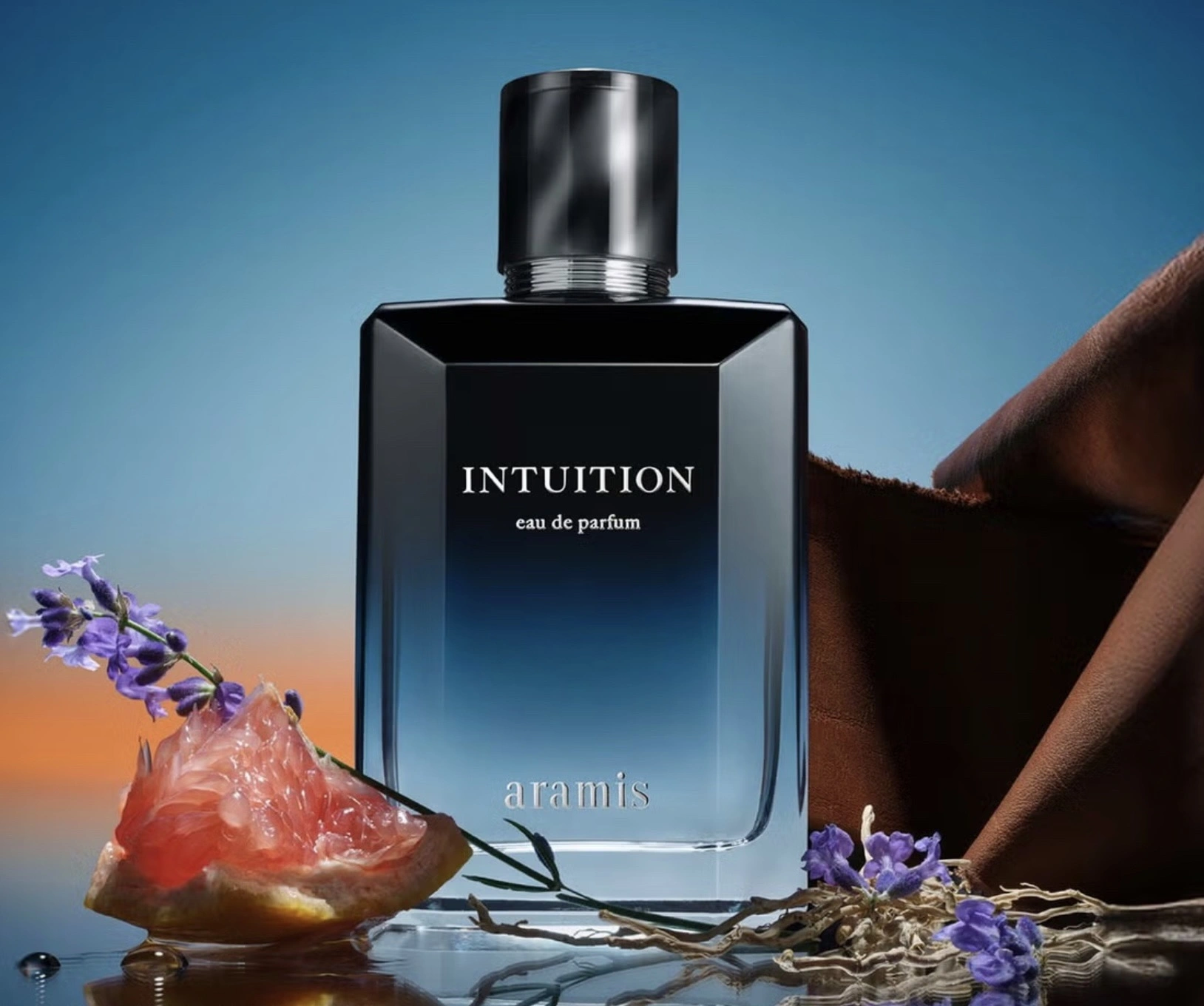In an age dominated by viral trends and fleeting cultural moments, few songs have experienced a resurrection as enduring—and as unlikely—as Rick Astley’s “Never Gonna Give You Up.” Originally released in 1987, the track became a global chart-topper thanks to its infectiously upbeat tempo, synth-heavy production, and Astley’s baritone vocal surprise. But decades later, it underwent a metamorphosis few could have predicted: the song became the centerpiece of one of the internet’s most ubiquitous memes—Rickrolling.
Fast forward to June 2025: “Never Gonna Give You Up” has officially surpassed 1 billion streams on Spotify. No longer just the soundtrack to a prank, the song now stands among pop music’s most-streamed anthems—a testament to nostalgia, meme culture, and the strange alchemy of the internet. But perhaps most importantly, it underscores how Rick Astley himself has leaned into this evolution with grace, humor, and a surprising kind of cultural agility.
The Origins: A Hit Born of the Stock Aitken Waterman Factory
To understand the improbable journey of “Never Gonna Give You Up,” one must return to its roots in the late 1980s. The track was written and produced by the powerhouse British songwriting trio Stock Aitken Waterman, known for manufacturing slick, chart-ready pop hits during that era. Their signature style—bubblegum synths, dancefloor rhythms, and catchy hooks—defined the late-‘80s pop landscape, propelling artists like Kylie Minogue and Bananarama to stardom.
Rick Astley, then just 21 years old, was an unassuming studio assistant with a soulful voice that belied his age and appearance. The dissonance between his boyish looks and deep, Motown-inspired vocals contributed to the surprise factor of his debut single. When “Never Gonna Give You Up” was released in July 1987, it quickly soared to No. 1 in 25 countries, including the United States, United Kingdom, and Australia. The song sold millions of copies, cementing Astley’s place as a late-‘80s pop icon.
Decline, Retreat, and Reinvention
Despite a string of hits that followed, Astley became disillusioned with the music industry’s constraints. By the early 1990s, he stepped away from the limelight, opting for a quieter life away from touring and label politics. For most pop stars, that kind of early exit from the charts typically spells cultural oblivion.
Yet Astley’s story would unfold quite differently. A brief comeback attempt in the early 2000s didn’t register commercially, but it laid the groundwork for something more profound: a genuine reinvention that would unfold not through music industry channels, but through the digital underbelly of the internet.
The Rickroll Phenomenon: Accidental Immortality
The year was 2007. On anonymous forums like 4chan, a bait-and-switch meme emerged: users were promised exclusive content (like a sneak peek at a new video game trailer), only to be redirected to the YouTube video of “Never Gonna Give You Up.” Thus, Rickrolling was born.
What began as an obscure internet in-joke quickly ballooned into a mainstream cultural touchstone. It became a harmless prank shared among friends, a weapon of digital mischief in classrooms, offices, and online communities. The song’s association with surprise and absurdity gave it new life, especially among younger audiences who were discovering it for the first time in this ironic context.
By 2008, “Never Gonna Give You Up” had become one of the most-viewed videos on YouTube. In 2021, the video surpassed 1 billion views, and now, in 2025, it has hit the same milestone on Spotify—a platform where people choose what to play. No longer is the song just the punchline of a joke; it’s an enduring part of internet-era pop culture history.
Rick Astley: A Willing and Witty Co-Conspirator
Many artists might resent having their signature hit co-opted by meme culture. Rick Astley, however, embraced the chaos.
He has Rickrolled audiences live. He’s appeared in self-deprecating parodies, leaned into fan interactions online, and even Rickrolled the Macy’s Thanksgiving Day Parade in 2008—performing the song in the middle of a fictional character’s routine, further immortalizing its prank potential. Instead of pushing against the tide, Astley surfed it.
His graciousness paid dividends. In 2016, he released 50, his first album in over a decade, and it debuted at No. 1 on the UK Albums Chart—proof that his appeal now spanned across multiple generations. His willingness to not take himself too seriously and engage with digital culture authentically helped transform his image from retro curiosity to full-blown legend.
The Algorithmic Resurrection
While meme culture sparked the revival of “Never Gonna Give You Up,” the streaming era cemented its legacy. Spotify’s playlist algorithms, particularly “Throwback Thursday” and “All Out 80s,” have helped the song surface again and again for both nostalgic Gen X listeners and curious Gen Z streamers.
The track’s iconic status also lends itself to cinematic and television placement. Whether in ironic sequences or celebratory montages, the song frequently appears in visual media, keeping it in constant cultural rotation. And with each reappearance, a new wave of listeners is drawn into its orbit.
Its 1 billion Spotify streams aren’t just a fluke of memetics—they’re the result of consistent, organic listening across generations, platforms, and countries. This isn’t just about prank views anymore. This is real popularity.
Beyond the Meme: Why the Song Still Works
So why has “Never Gonna Give You Up” endured beyond the joke? It turns out, the song itself still slaps. Strip away the meme context, and what remains is an impeccably crafted pop track. The production is tight, the melody infectious, and Astley’s performance is genuine and emotive.
Its chorus—“Never gonna give you up / Never gonna let you down…”—is both playful and sincere, making it equally fit for irony and earnestness. The lyrics are clean, repetitive, and catchy—perfect for social media snippets, karaoke nights, wedding dance floors, and, yes, even pranks.
It also exists in a rare category of songs that have crossed over from generational relic to cultural mainstay. Like Queen’s “Bohemian Rhapsody” or a-ha’s “Take On Me,” Astley’s track has become part of the collective musical consciousness.
A Billion Streams in Context
To appreciate the gravity of the milestone, consider this: of the over 100 million songs on Spotify, fewer than 500 have crossed the billion-stream mark. The list includes contemporary mega-hits by the likes of Drake, Billie Eilish, Ed Sheeran, and BTS—artists backed by today’s digital-first marketing machines.
That “Never Gonna Give You Up,” a 38-year-old song released before the invention of the World Wide Web, has achieved this mark is nothing short of astonishing. Its billion streams are not just numerical. They represent hundreds of millions of human interactions—moments of joy, surprise, nostalgia, and even mischief.
It proves that cultural artifacts from the analog age can thrive in the digital landscape—provided they find a second act. And Rick Astley, in many ways, has become the poster child for this phenomenon.
The Artist as Archive: Rick Astley’s Role in Cultural Longevity
In 2025, Rick Astley is no longer just a ‘one-hit wonder’ or meme mascot. He’s a living archive of what happens when an artist allows their work to evolve freely—untethered from industry ego or bitterness.
He performs regularly, engages with fans on platforms like TikTok and Instagram, and remains a frequent guest on talk shows and variety specials. His recent acoustic covers—ranging from Foo Fighters to Harry Styles—showcase not only his vocal longevity but his ability to stay relevant without chasing trends.
Rick Astley has become a model for other legacy artists wondering how to navigate the shifting terrain of fame in the digital age. His career is no longer bookended by his 1987 debut; it is interlaced with cultural cycles, rebirths, and constant reinterpretation.
The Broader Implications: Meme Culture as Musical Archive
If Rick Astley’s resurgence tells us anything, it’s that memes are not trivial. They are cultural preservation tools. They resurface lost gems, archive forgotten voices, and revive dormant catalogues.
“Never Gonna Give You Up” isn’t just a hit song—it’s now a case study in the unintended power of digital folklore. Rickrolling, a joke at heart, has become a celebration. The prank has matured into tradition.
In an industry that often discards older music to spotlight what’s trending, meme culture has offered an alternate archive—a place where songs can find new life, not despite their age, but because of it.
Flow
When Rick Astley first crooned those now-immortal words in 1987, he couldn’t have foreseen the bizarre, brilliant journey that lay ahead. But in 2025, with a billion Spotify streams and a career more vibrant than ever, it’s clear: Rick Astley is not just never giving up, he’s never going away.
He’s proof that the internet’s chaos can lead to renewal. That humor can fuel history. And that even in an age of fleeting attention spans, a perfectly crafted pop song—delivered by a gracious and grounded artist—can transcend both time and format.
No comments yet.








